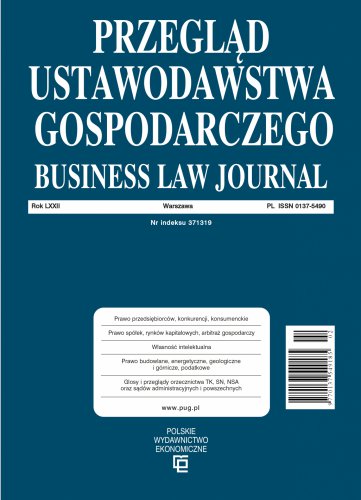The gloss is a commentary to the judgment issued by the Court of Appeals in Warsaw concerning the fine imposed on an undertaking for carrying out a concentration in the form of the acquisition of assets of another undertaking without the obligatory notification of the transaction to the President of the Office for Competition and Consumer Protection (OCCP). The analysed ruling touches on three important issues: the concept of concentration in the form of the acquisition of assets, calculating the turnover of entities involved in such concentration, as well as succession of antimonopoly liability. While the court's considerations in relation to the first and last issue may deserve approval, the concept of calculating the turnover in the case of acquiring part of the assets of another undertaking presented should not be appraised. In the circumstances of this case, it is impossible not to see the contradiction in the Court's finding that all of the undertaking's essential assets were acquired, while at the same time expecting to determine what proportion of the turnover was generated by the rest of the seller's assets, which was devoid of economic significance. This concept is not sufficiently supported by linguistic interpretation, ignores the unchallenged findings in this case about the dominant importance — in terms of turnover volume — of the acquired part of the assets of the seller's business, seems overly formalistic, contradicts the administrative practice of the President of the OCCP, and most of all contradicts the goals of the antimonopoly act. Last but not least, this concept is also irreconcilable with arguments of a functional nature, and in particular leads to imposing impossible obligations on entrepreneurs and the President of OCCP.
Keywords: merger control; notification obligation; purchase of certain assets of another undertaking; calculation of turnover; succession of antimonopoly liability

